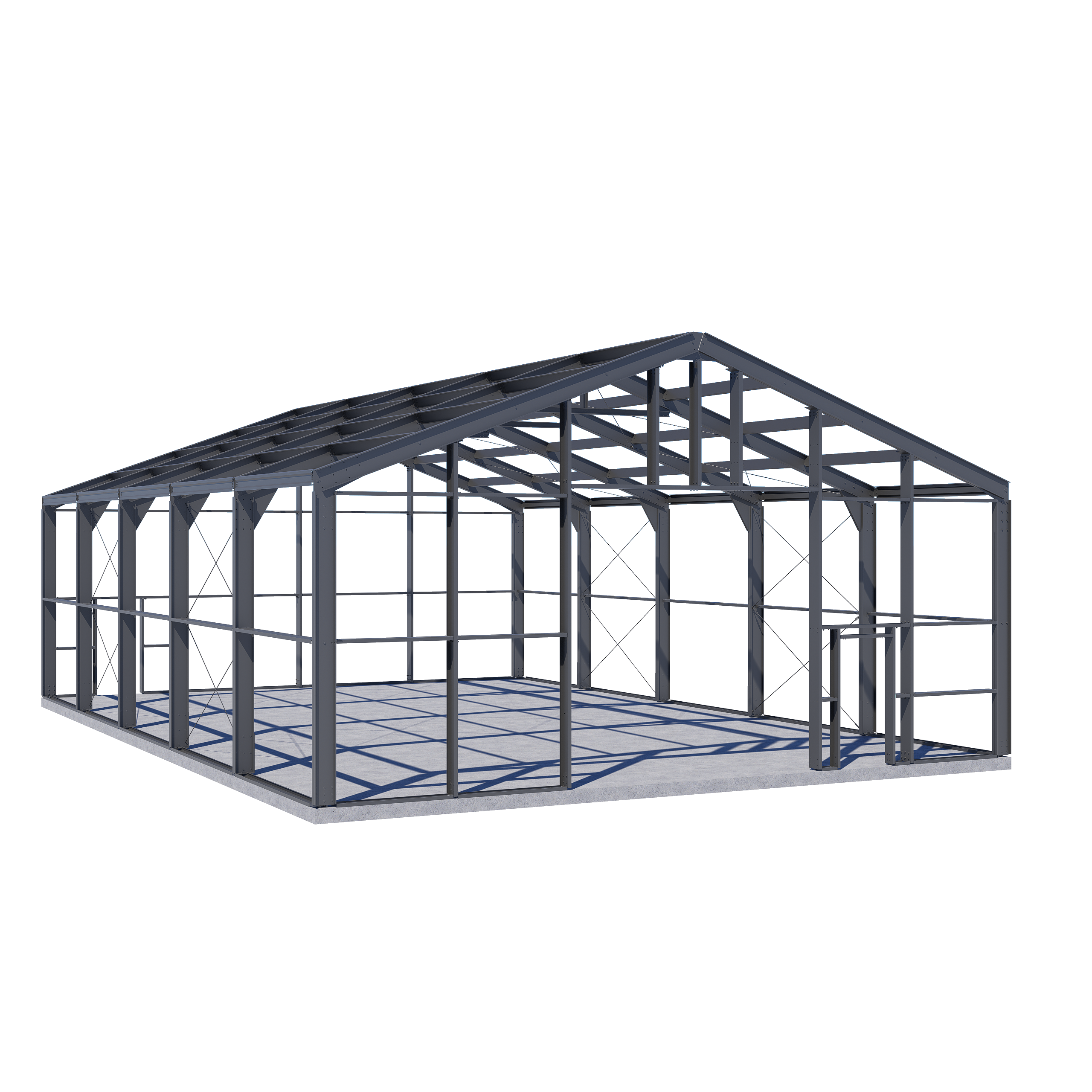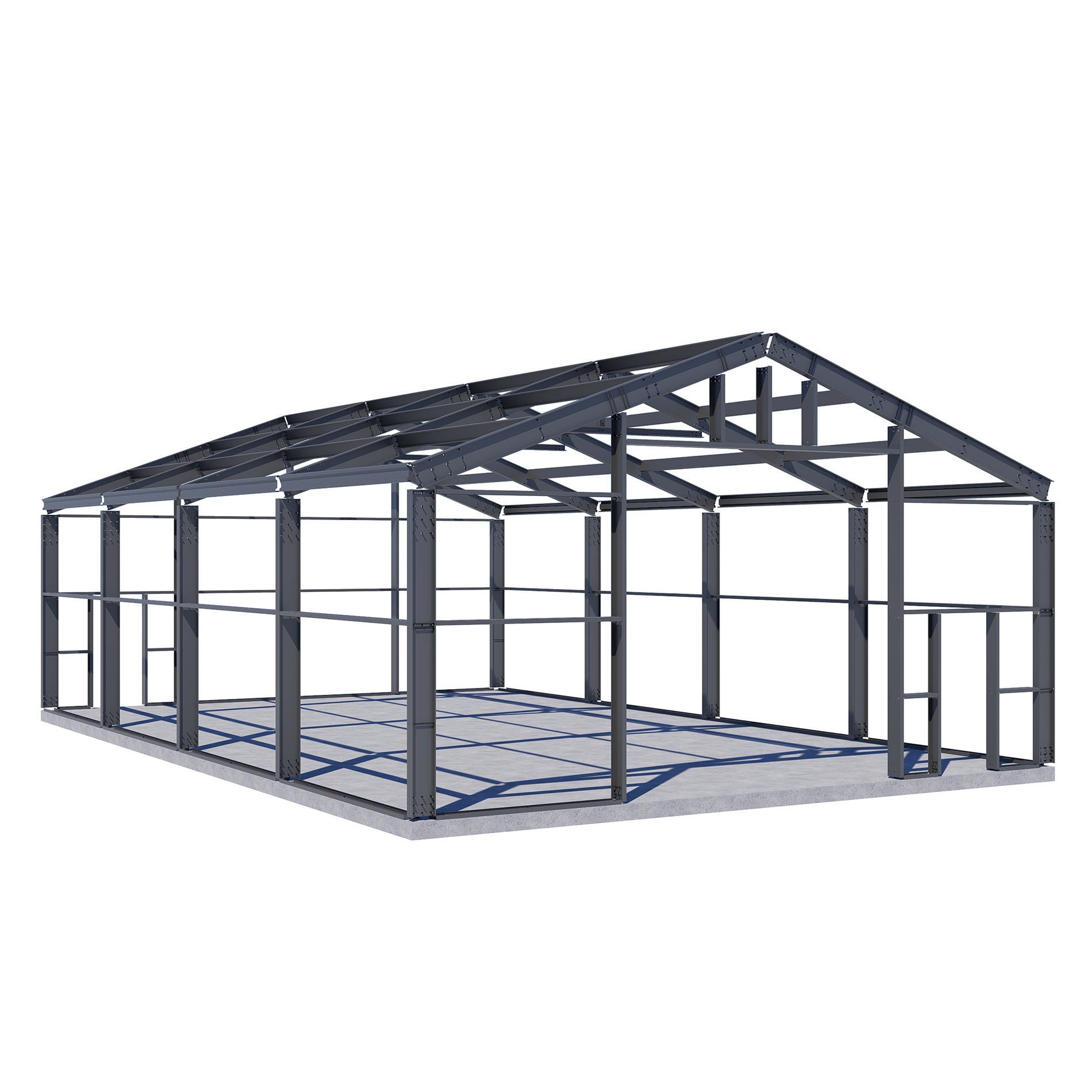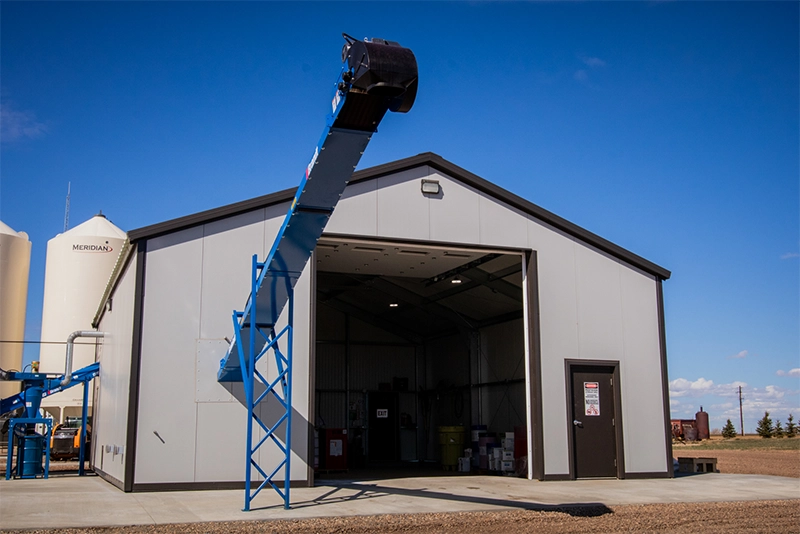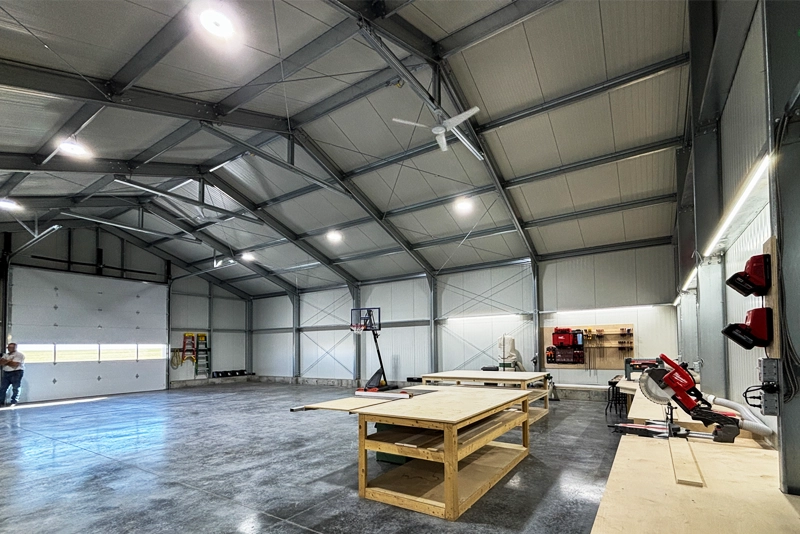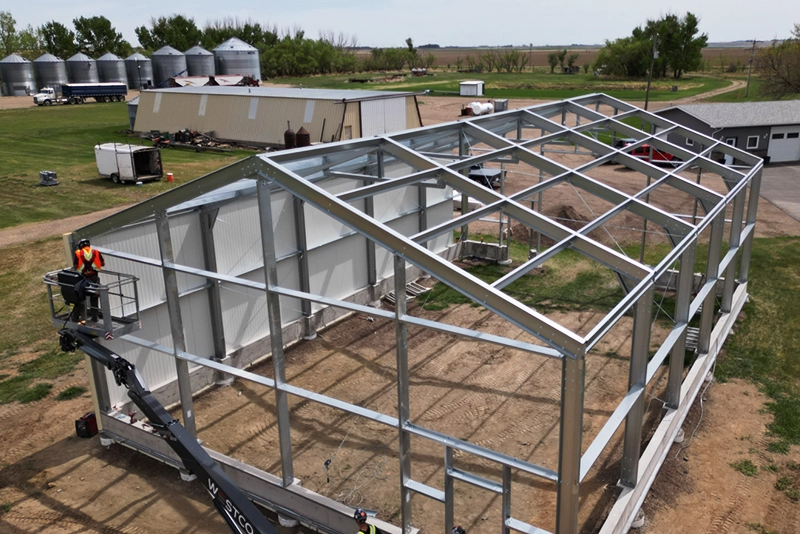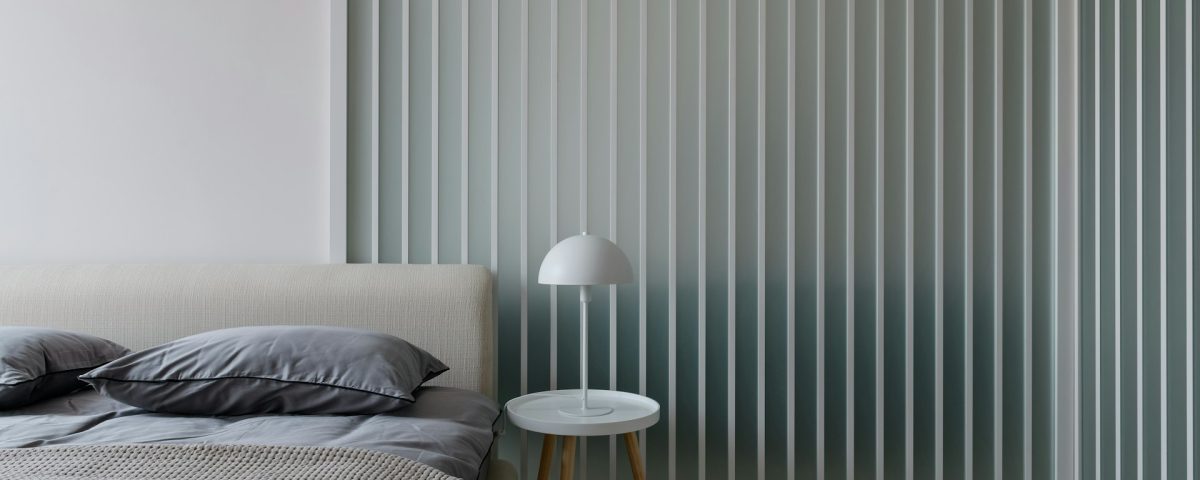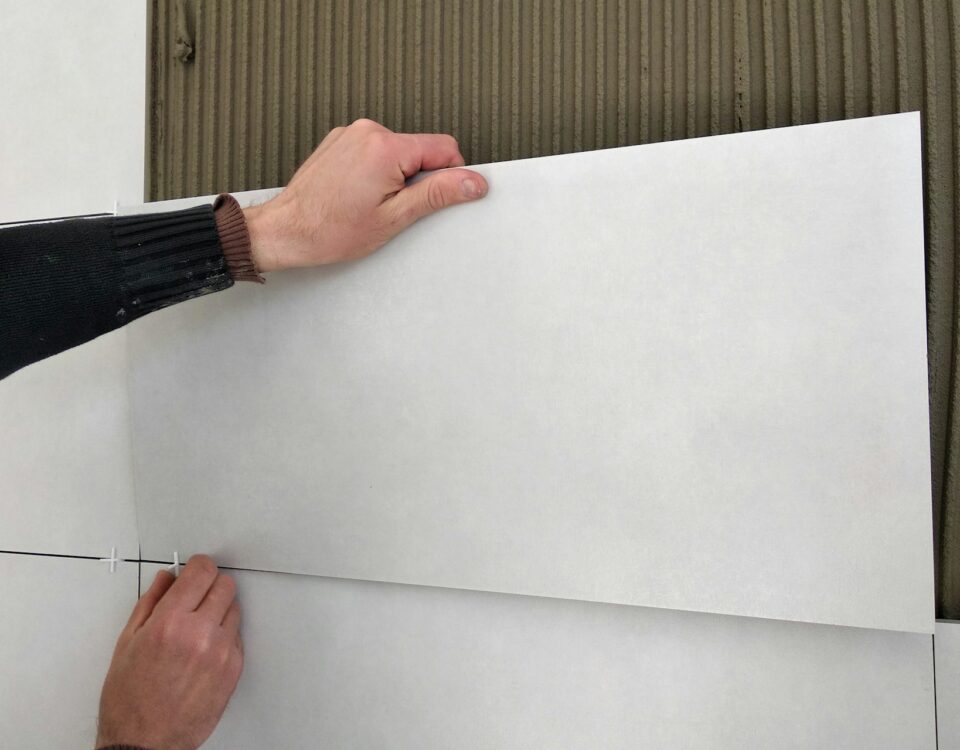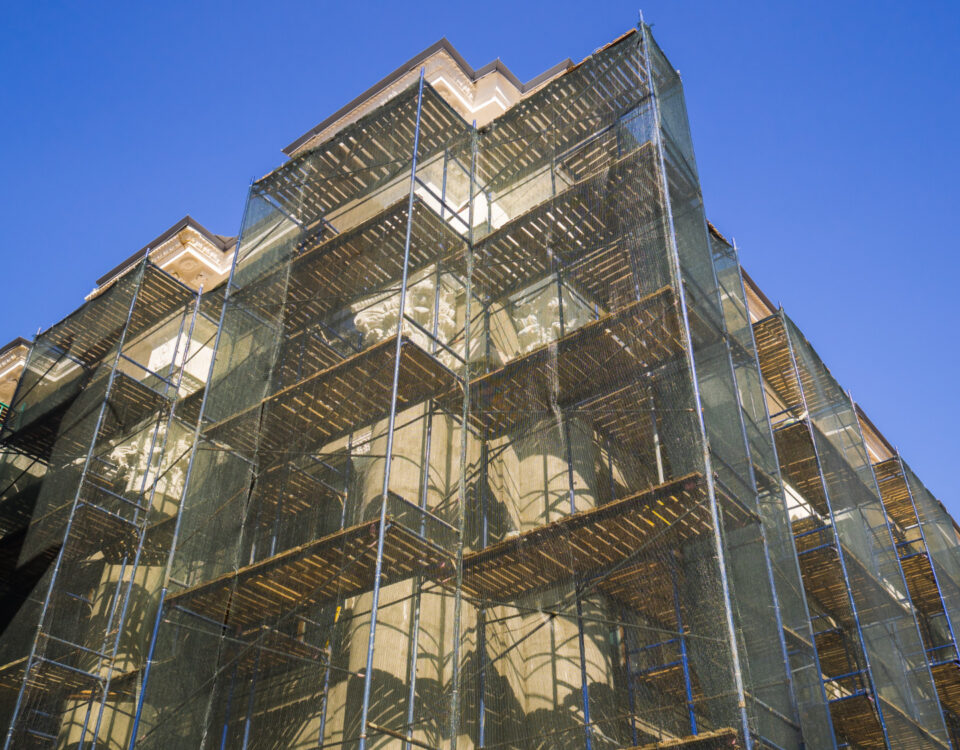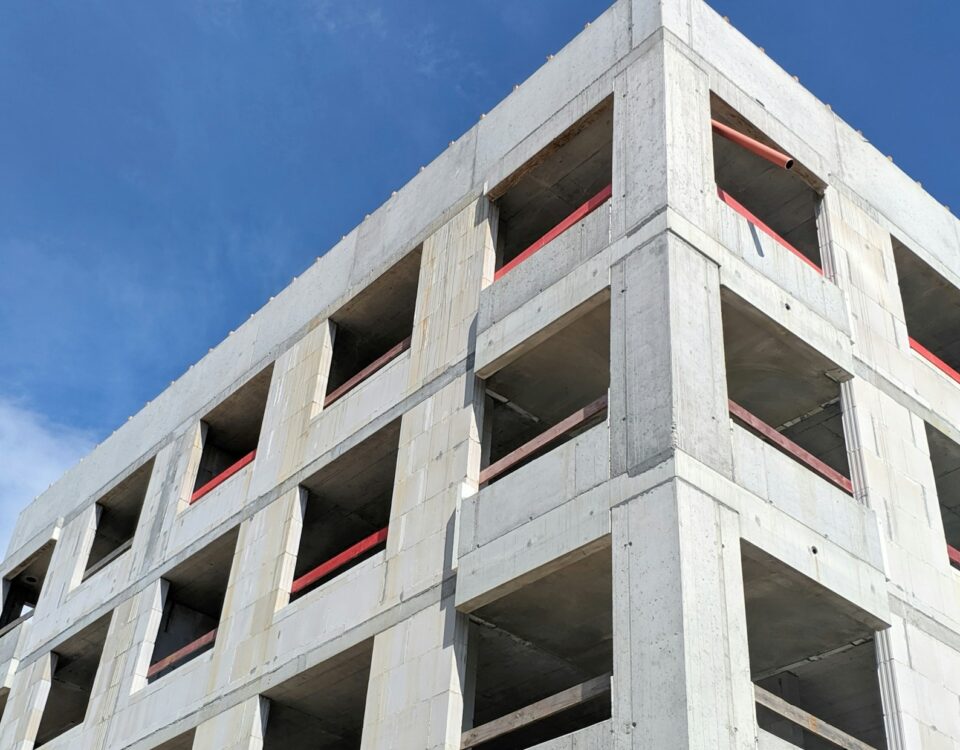Choosing the right insulated wall panels is quite important for anyone spending time in a building here in Canada. These panels do much more than cover a structure. They play a key role in keeping the inside environment stable, which is really helpful during those chilly Canadian winters or warmer months. When you pick the right panels, you get a stronger, more energy-efficient building, which means things inside stay comfy all year round.
Insulated wall panels offer more than just temperature control. They’re like a shield for your building, boosting durability while cutting down on energy use. These panels help save on heating and cooling costs by acting as a steady layer between the outside world and your cozy indoor space. Plus, they promise less noise and a more peaceful setting overall. From offices to homes, getting the panels just right can lead to well-insulated, quieter spaces that stand the test of time.
Understanding Insulated Wall Panels
Insulated wall panels are essential components that serve as both insulation and cladding for buildings. Made up of a rigid insulation core sandwiched between two facing layers, these panels are designed to provide high thermal performance and strength. Simple to install and highly effective in regulating temperatures, they work by minimizing heat transfer between the inside and outside, maintaining a consistent internal environment.
When you look at the choices available in the market, you’ll find a few different types of insulated wall panels, each offering unique benefits. Here’s a quick look at what’s out there:
– Foam Core Panels: These are lightweight and provide superior insulation. They are ideal for places needing excellent thermal control.
– Fibreglass Panels: Offering a bit more flexibility, these panels also deliver good fire resistance alongside decent insulation.
– Mineral Wool Panels: For those looking for fireproof options, these panels don’t just insulate but also offer high levels of fire safety.
Understanding these options helps ensure that choices are well-informed and tailored to the specific needs of each building. Whether prioritizing energy efficiency or safety, there’s a type of insulated wall panel that fits the bill perfectly. Making the right choice enhances a building’s comfort, efficiency, and resilience.
Factors to Consider When Selecting Insulated Wall Panels
When selecting insulated wall panels, several factors should guide your decision to ensure you get the best value and performance. One of the most important aspects is the insulation R-value. This value indicates how well the panel insulates against heat transfer. A higher R-value means better insulation. In locations like Canada, where the temperature varies significantly across seasons, opting for panels with a high R-value can greatly enhance indoor comfort and efficiency.
Another important factor is the panel thickness and material. The thickness directly impacts the insulation capacity, with thicker panels generally offering better performance. Different materials offer various benefits too. For example, some might prioritize lightweight design, while others may offer enhanced fire resistance. Consider what’s most important for your specific building needs.
– Fire resistance and safety ratings are critical. Make sure the panels meet local building codes and standards for fire safety to protect both the building and its occupants.
– Think about the installation process and costs involved. Some panels are easier to install than others, which can save on labour costs and reduce construction time.
– Durability and maintenance requirements also play a role. Panels that require less maintenance and have a longer lifespan will generally be more cost-effective over the long term.
Benefits of Insulated Wall Panels
Choosing insulated wall panels brings a range of benefits that can significantly enhance building performance. One of the biggest perks is the boost in energy efficiency. Buildings fitted with these panels often see a reduction in heating and cooling costs. The panels provide a reliable barrier that helps maintain indoor temperatures, reducing the need for constant HVAC use.
These panels also improve indoor comfort. By stabilizing temperatures, they make spaces more enjoyable to occupy year-round. They also help in minimizing noise, creating a quieter environment inside—which is a valuable feature in both urban offices and homes.
Emphasizing sustainability, insulated wall panels are a smart investment for those looking to reduce their carbon footprint. They help in minimizing energy use, translating into fewer emissions, and align with green building standards. This means that aside from making your building more comfortable and efficient, these panels also contribute to an eco-friendlier world.
How to Choose the Right Supplier
Finding the right supplier for your insulated wall panels is as important as selecting the panels themselves. A good supplier offers reliability and expert guidance throughout the purchasing and installation process. When deciding on a supplier, pay attention to a few key factors.
First, look for experience and reputation. Suppliers with a long-standing history in the industry are often more equipped to provide high-quality products and services. Check for reviews and testimonials from previous customers to get a sense of their reliability.
Next, consider the level of customer service. A reputable supplier will offer excellent support, guiding you in picking the right panels for your specific needs. They should be responsive and provide clear information about their products and any related services.
Selecting the right insulated wall panels and supplier can transform your building’s energy efficiency and comfort. By keeping these considerations in mind, you’ll ensure that your investment yields substantial returns in comfort, savings, and quality.
If you are looking to improve your building’s energy efficiency and comfort, upgrading to insulated wall panels can make a significant difference. Trust Dutech Structures to provide a range of styles that meet your specific needs.


